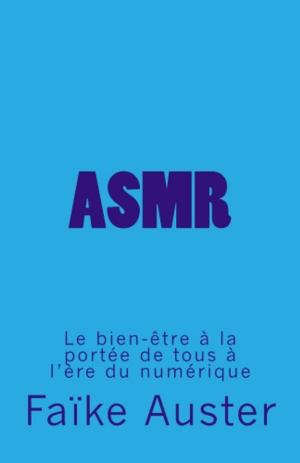| Author: | J. Gerard Loeber, Carla G. van El | ISBN: | 9783038421917 |
| Publisher: | MDPI AG | Publication: | April 15, 2016 |
| Imprint: | MDPI AG | Language: | English |
| Author: | J. Gerard Loeber, Carla G. van El |
| ISBN: | 9783038421917 |
| Publisher: | MDPI AG |
| Publication: | April 15, 2016 |
| Imprint: | MDPI AG |
| Language: | English |
This book aims to provide an overview of developments in the heel prick screening programme in the Netherlands in which similarities with the situation elsewhere in the world, where relevant, will be mentioned. In the Netherlands, the preparations for the national screening programme started in 1964. The formal launch of the programme was on September 1, 1974. In 2014, therefore this programme had existed 40 years.
The book is structured as follows. Chapter 1 describes how the programme began with one disease and over the years has continued to expand to currently covering 19 disorders. Chapter 2 focuses on the organisation of the screening programme and the agencies that have been involved over the years. Chapter 3 is intended to provide a global view of the programme in its current form. Chapter 4 describes how neonatal screening programmes elsewhere in the world developed and outline their main differences with the Dutch programme. Finally, Chapter 5 contains the summary and conclusions. This chosen structure leads to some aspects being mentioned more than once.
The book is intended for a broad audience that is interested in policy making on heel prick screening; hence, scientific depth is limited. Where possible and useful, references to the scientific literature have been included but completeness has not been pursued. The main sources were the archives of the National Steering Committees for Phenylketonuria and Congenital Hypothyroidism (LBCs), supplemented with interviews with the persons listed in Annex 1 and, if available, their personal archives.
This book aims to provide an overview of developments in the heel prick screening programme in the Netherlands in which similarities with the situation elsewhere in the world, where relevant, will be mentioned. In the Netherlands, the preparations for the national screening programme started in 1964. The formal launch of the programme was on September 1, 1974. In 2014, therefore this programme had existed 40 years.
The book is structured as follows. Chapter 1 describes how the programme began with one disease and over the years has continued to expand to currently covering 19 disorders. Chapter 2 focuses on the organisation of the screening programme and the agencies that have been involved over the years. Chapter 3 is intended to provide a global view of the programme in its current form. Chapter 4 describes how neonatal screening programmes elsewhere in the world developed and outline their main differences with the Dutch programme. Finally, Chapter 5 contains the summary and conclusions. This chosen structure leads to some aspects being mentioned more than once.
The book is intended for a broad audience that is interested in policy making on heel prick screening; hence, scientific depth is limited. Where possible and useful, references to the scientific literature have been included but completeness has not been pursued. The main sources were the archives of the National Steering Committees for Phenylketonuria and Congenital Hypothyroidism (LBCs), supplemented with interviews with the persons listed in Annex 1 and, if available, their personal archives.















